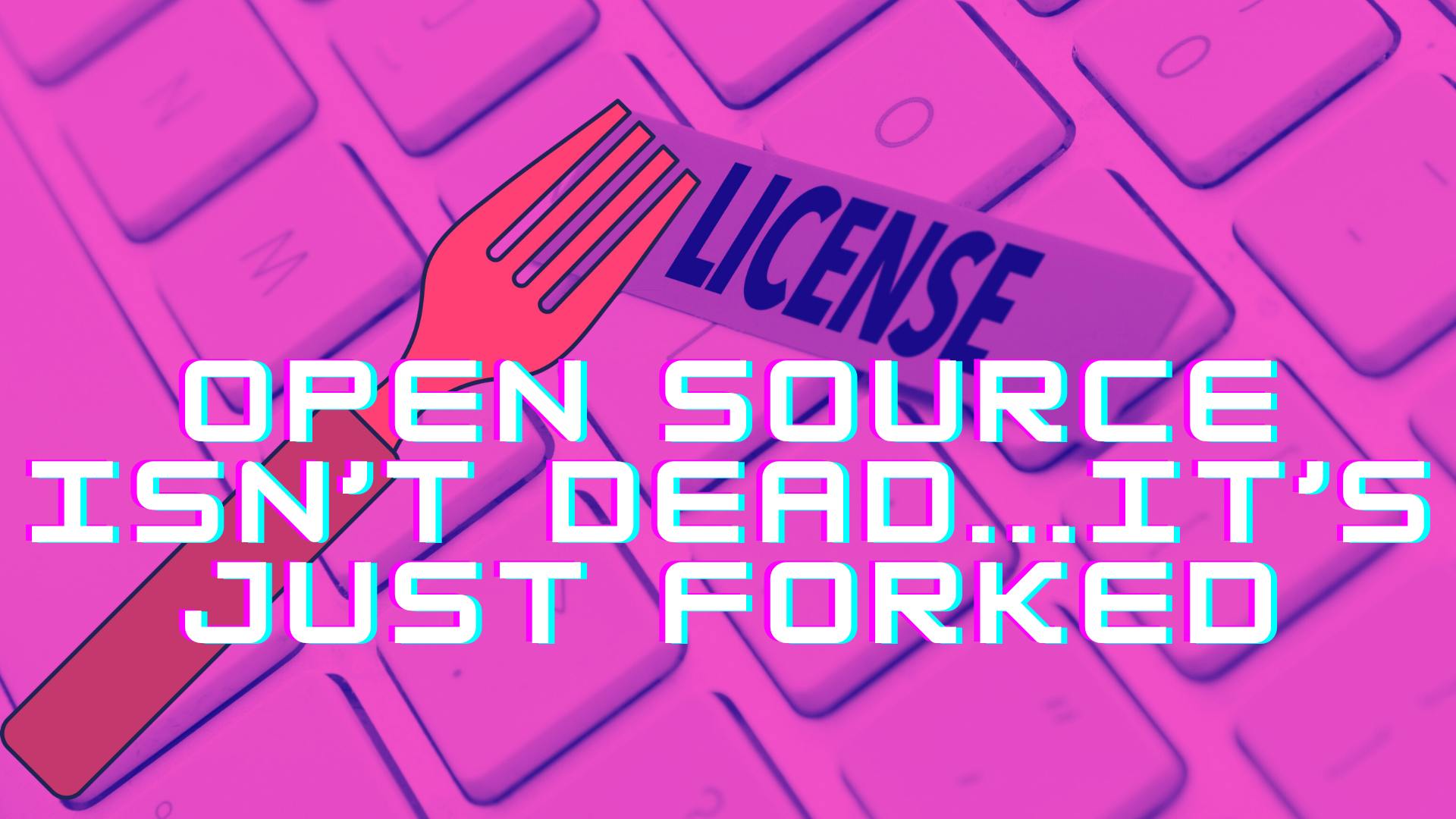Hackernoon
4w
164

Image Credit: Hackernoon
Open Source Isn't Dead...It's Just Forked
- The balance between open source ideals and practicality was disrupted in 2024, leading to a surge in relicensing and forks in the community.
- Open source software, rooted in free software ideals, evolved into a commercialized sector, creating tension between principles and profit.
- Relicensing trends were notable in 2024, with Elastic, Redis Labs, and HashiCorp adopting restrictive licenses, prompting community forks.
- Instances like Elastic's move to SSPL and HashiCorp's switch to BSL sparked community backlash, leading to fork projects like OpenSearch, Valkey, and OpenTofu.
- Neutral governance models under organizations like the Linux Foundation became crucial for the success and sustainability of forks such as OpenSearch and Valkey.
- Forks are seen as revolutionary in reshaping open source projects, emphasizing community inclusivity and sustainability under independent governance.
- The balance between community ideals and commercial viability remains a central debate in the open source world, challenging the future of collaboration.
- Fragmentation from forks poses challenges like compatibility issues, emphasizing the need for clearer communication and shared governance principles.
- Foster's research suggests that the future of open source lies in transparent governance models, like those seen in successful fork projects.
- While relicensing has led to an identity crisis in open source, community-driven forks offer pathways to rebuilding ecosystems around inclusivity and innovation.
Read Full Article
9 Likes
For uninterrupted reading, download the app